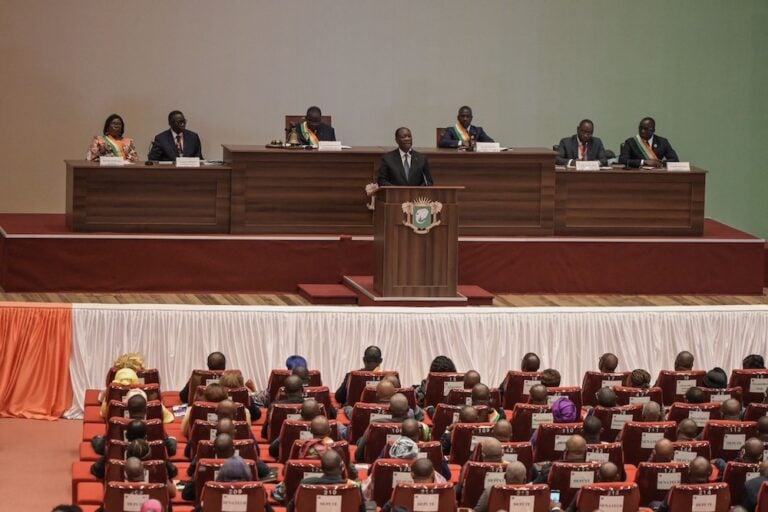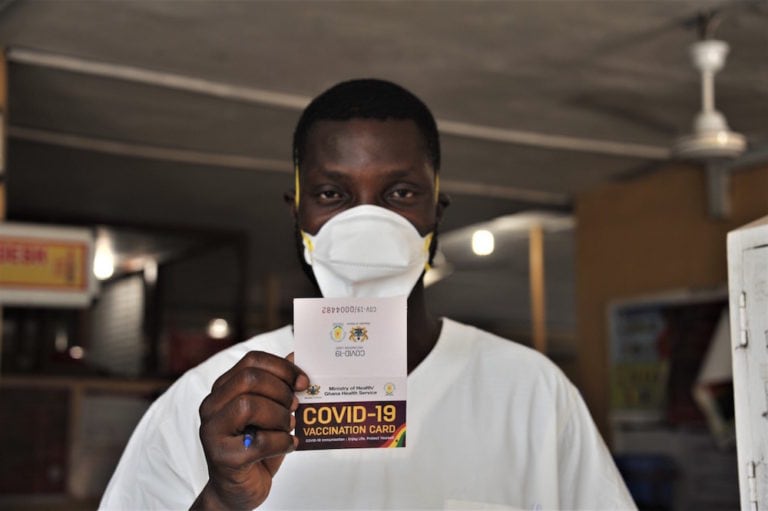(RSF/IFEX) – RSF has urged President Laurent Gbagbo to bring members of the security forces responsible for policing opposition demonstrations under control after three journalists were arrested and a fourth was beaten by police on 25 March 2004. On 25 March, journalist Al Séni and photographers Messmer Agbola and Kady Sidibé, from the opposition daily […]
(RSF/IFEX) – RSF has urged President Laurent Gbagbo to bring members of the security forces responsible for policing opposition demonstrations under control after three journalists were arrested and a fourth was beaten by police on 25 March 2004.
On 25 March, journalist Al Séni and photographers Messmer Agbola and Kady Sidibé, from the opposition daily “Le Patriote”, were arrested and later released after covering demonstrations in Abidjan in support of the Linas-Marcoussis Agreement, which is aimed at ending the country’s civil war. A few hours earlier, members of the security forces beat Willy Aka, a photographer for the independent daily “L’Intelligent d’Abidjan”, and destroyed his equipment.
“The four journalists were covering demonstrations organised by the opposition and banned by Laurent Gbagbo. The police made no distinction between the journalists and the demonstrators,” RSF said. “This is a very disturbing situation that threatens all the media, which has already been destabilised by a year of political and military crisis. The authorities should ensure that citizens’ right to be informed is respected. We call on Laurent Gbagbo to do everything in his power to ensure that the security forces allow journalists to work freely and safely, despite the political problems in the country and disturbances in the capital, Abidjan,” the organisation added.
Also on 25 March, the international radio stations Radio-France Internationale, BBC and Africa No. 1 stopped broadcasting from the capital. The reasons for the service break are unclear. It was not possible to verify with the company that relays the broadcasts whether a technical problem was responsible. In September 2002, shortly after the current crisis began, the three stations went off the country’s airwaves for several weeks.


